10 Effective Study Tips for High School and College Students in the Philippines
Studying effectively is one of the key pillars of academic success, especially for high school and college students in the Philippines. Whether you’re preparing for a big test, juggling multiple subjects, or trying to manage your time between extracurricular activities, honing your study habits can make all the difference.
In this guide, we will explore 10 research-backed study tips to help students improve their academic performance and reach their academic goals. Whether you’re a student, a parent, or an academic advisor, these strategies will foster effective study skills that last a lifetime.
1. Develop a Consistent Study Schedule
A consistent study schedule is one of the foundations of effective learning. Rather than cramming everything last minute, effective students spread their study time across manageable chunks of the day. Research from the International Journal of Educational Research emphasizes that maintaining regular study sessions over time leads to better retention of new material compared to marathon cramming sessions.
For high school students in the Philippines, balancing subjects like math, science, and Filipino requires careful planning. Set specific goals for each session, outlining which topics you’ll cover. By creating a schedule, you minimize stress and maximize productivity, which is particularly important for college students who often juggle multiple courses and extracurricular activities.
Pro Tip:
Use a planner or digital calendar to allocate time for each subject. Stick to the schedule, but also leave room for flexibility in case of last-minute changes.
2. Master Time Management Techniques
Time management is crucial for effective students at both high school and college levels. One common approach is the Pomodoro Technique, where you work for 25 minutes and take a 5-minute break. After four sessions, take a longer break. This technique helps you maintain focus during study time and avoids burnout.
Students who struggle with academic procrastination can also benefit from breaking their work into smaller, more achievable tasks. Instead of trying to tackle an entire chapter, focus on completing one section at a time. As a result, you’ll find it easier to maintain a positive attitude and avoid feeling overwhelmed.
Pro Tip:
Evaluate your day-to-day routine to identify time-wasting activities. By cutting down on distractions, you’ll free up more time for effective study methods.
3. Join or Form a Study Group
Collaborating with classmates through a study group can enhance your understanding of complex topics. Study groups encourage active learning, discussion, and accountability. When you explain concepts in your own words to peers, you’re reinforcing the material in your mind.
For high school students, this can be especially helpful for subjects like math or science, where problem-solving is key. For college students, forming study groups around challenging courses or before a big test can help clarify difficult concepts.
Pro Tip:
Keep study groups focused by setting clear goals for each session. Whether reviewing a chapter or solving practice problems, a structured group ensures everyone stays on track.
4. Create Mind Maps for Better Understanding
Mind maps are a visual study technique that helps students organize information, particularly when dealing with complex topics or large volumes of material. Drawing connections between ideas allows you to better understand and retain the information. This method is particularly useful for subjects that require understanding, like history or literature.
Mind maps are great tools for both high school and college students, as they help break down new material into smaller, more digestible pieces. It also encourages creative thinking, making the learning process more engaging.
Pro Tip:
Use colors, symbols, and keywords to make your mind map more visually appealing. This way, you’ll be more likely to remember the details during your next study session.
5. Avoid Multitasking During Study Sessions
Many students mistakenly believe that multitasking increases productivity. However, studies show that focusing on one task at a time leads to better academic performance. The Harvard Summer School reports that trying to juggle multiple subjects or tasks at once divides attention, making learning less efficient.
Whether you’re studying for a test or completing homework, eliminate distractions like your phone or TV to fully concentrate on the task at hand. By focusing on one subject during each study session, you’ll absorb the material more effectively.
Pro Tip:
Use apps like Forest or Focus@Will to block distractions and maintain focus during study sessions.
6. Get Enough Sleep
Effective study habits don’t just involve the time spent with books—they also include ensuring that you get enough sleep. Sleep is critical for memory consolidation, which is essential when learning new material. High school and college students often sacrifice sleep to study, but this can harm academic success in the long run.
The International Journal of Behavioral Development found that students who get at least 7-8 hours of sleep perform better academically than those who don’t. Incorporate sleep into your study schedule to ensure you are rested and alert during exams.
Pro Tip:
Establish a bedtime routine to regulate your sleep schedule. Avoid screen time at least an hour before bed to improve the quality of your sleep.
7. Set Specific, Achievable Goals
Setting specific goals can help you stay motivated throughout your academic journey. Instead of vague objectives like “study harder,” opt for concrete goals such as “review 10 math problems by the end of today” or “finish reading two chapters before the weekend.” Having clear, manageable goals can significantly improve academic performance.
In the Philippines, where high school and college curricula can be demanding, focusing on small milestones can prevent burnout. By achieving one goal at a time, you’ll build momentum and stay on top of your academic workload.
Pro Tip:
Track your progress using a journal or app. Celebrate small victories, which will keep you motivated to tackle bigger tasks.
8. Use Active Study Techniques
Active learning involves engaging with the material rather than passively reading or listening. Some examples include summarizing information in your own words, teaching a concept to someone else, or creating flashcards. High school and college students who use active learning techniques tend to perform better than those who rely on rote memorization.
Additionally, try incorporating the Study Cycle, which involves previewing material, attending class, reviewing, and self-testing. This comprehensive approach helps reinforce what you learn over time.
Pro Tip:
Try using online platforms like Quizlet to create flashcards for quick reviews of your study material.
9. Find a Productive Study Space
Where you study matters. Find a quiet, comfortable space where you can focus. Whether it’s a library, a dedicated study room at home, or even a café, the environment plays a huge role in how effective your study sessions are. If possible, avoid studying in your bed, as it can hinder focus and productivity.
Create a study space with minimal distractions to foster concentration. Good lighting, a comfortable chair, and a clutter-free environment can greatly improve your focus and academic success.
Pro Tip:
If you have trouble finding a quiet place to study, consider noise-canceling headphones or listening to instrumental music to block distractions.
10. Stay Positive and Practice Self-Care
Last but not least, maintain a positive attitude toward learning. Whether you’re preparing for a big test or striving to improve your academic performance over the long term, a positive mindset is essential. Remember, everyone faces challenges, but persistence is key.
Practice self-care by taking breaks, eating healthy, and managing stress. These habits can prevent burnout and ensure you maintain a balance between your academic goals and well-being.
Pro Tip:
Engage in physical activities or hobbies during your breaks to keep yourself refreshed and motivated for the next study session.
Conclusion
Improving your study habits isn’t about working harder—it’s about working smarter. By applying these 10 effective study tips, high school and college students in the Philippines caFGn boost their academic performance and achieve their academic goals. Remember, consistency, time management, and a positive attitude are the keys to success. Now, it’s time to take the next step in your academic journey. Why not try implementing these study tips in your study sessions today?
Bonus: If you need help organizing your study time, tools like Google Calendar and Trello can help you stay on top of your schedule and meet your deadlines!







